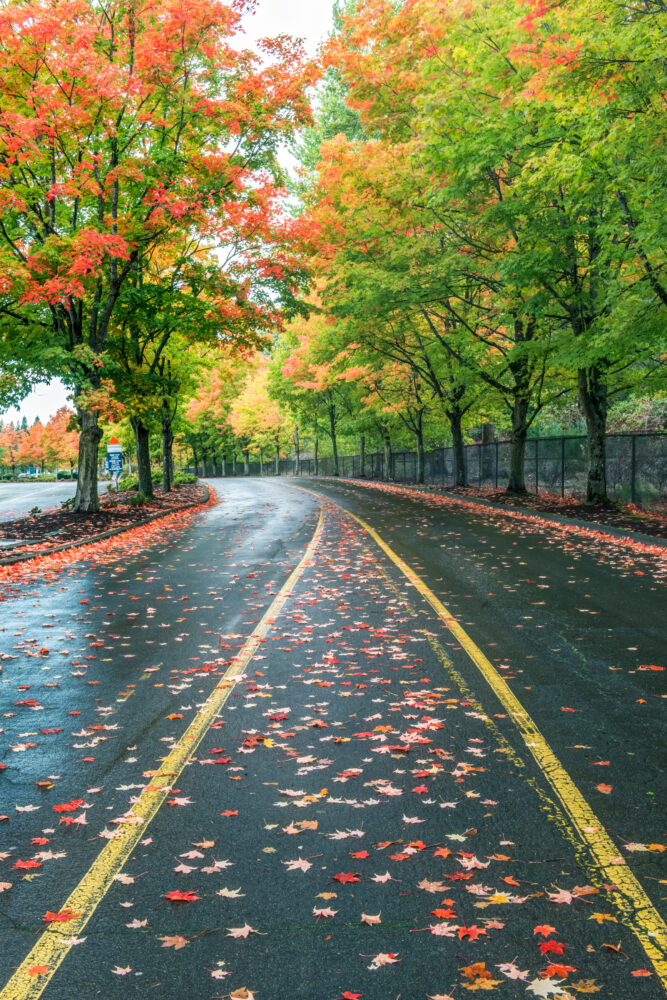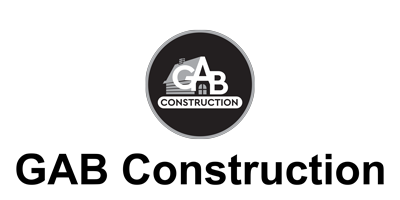Understanding Renton’s Climate
Renton, Washington, nestled in the Pacific Northwest, experiences a temperate marine climate heavily influenced by its proximity to the Puget Sound. This section provides an overview of Renton’s climate, focusing on temperature and precipitation patterns.
Renton’s climate is characterized by mild winters and comfortably warm summers, with relatively moderate temperature variations throughout the year. The city enjoys a unique microclimate influenced by its location between the Cascade Mountain Range and the Puget Sound.
Renton’s Year-Round Temperature Trends
In Renton, temperatures vary throughout the year but tend to remain moderate due to maritime influences. Winters are typically mild, with average temperatures rarely dropping below freezing. Conversely, summers are warm but not excessively hot, providing a pleasant environment for outdoor activities.
The city experiences its warmest temperatures in July, with average highs reaching the mid-70s to low 80s Fahrenheit. January tends to be the coolest month, with average highs in the mid-40s. Overall, Renton’s temperature range reflects its maritime climate, offering residents and visitors a relatively comfortable year-round experience.
Rainfall Patterns in Renton
Renton experiences a substantial amount of rainfall throughout the year, typical of the Pacific Northwest region. The city’s proximity to the Puget Sound and its position within the Cascade rain shadow significantly influence precipitation patterns.
Rainfall is evenly distributed throughout the year, with slightly drier summers and wetter winters. November through February tends to be the wettest period, with precipitation levels peaking during these months. However, even during the driest months, Renton still receives a significant amount of rainfall, ensuring lush greenery and vibrant landscapes year-round.
East Renton Highlands: A Microclimate Perspective
The East Renton Highlands, while adjacent to Renton, exhibits slightly different weather patterns due to its higher elevation and proximity to the Cascade foothills. This section explores the microclimate of the East Renton Highlands and its distinct weather characteristics.
Compared to Renton, the East Renton Highlands typically experience cooler temperatures, particularly during the summer months, due to the elevation effect. Additionally, precipitation levels may vary slightly, with the Highlands potentially receiving marginally higher amounts of rainfall, especially during the wet season.

Seasonal Highlights and Activities
Each season in Renton offers unique highlights and activities for residents and visitors to enjoy. From outdoor adventures to cultural events, there’s something for everyone to experience year-round.
In the spring, Renton bursts to life with blooming cherry blossoms and vibrant foliage. Residents can explore local parks and hiking trails as nature awakens from winter slumber. Summer invites outdoor enthusiasts to enjoy kayaking on Lake Washington or attending community festivals.
Fall brings a kaleidoscope of colors as the leaves change, providing picturesque scenery for nature walks and photography. Winter in Renton offers opportunities for cozying up with hot cocoa and exploring holiday markets.

Planning Your Visit to Renton
Whether you’re planning a short visit or considering relocating, understanding Renton’s weather patterns is essential. This section provides practical tips for navigating Renton’s climate throughout the year, from packing essentials to seasonal activities.
Visitors should pack layers and rain gear, regardless of the season, to accommodate Renton’s variable weather. Planning outdoor activities during the drier months, from June to September, ensures a more enjoyable experience. Additionally, exploring indoor attractions during the wetter months can provide respite from the rain.
